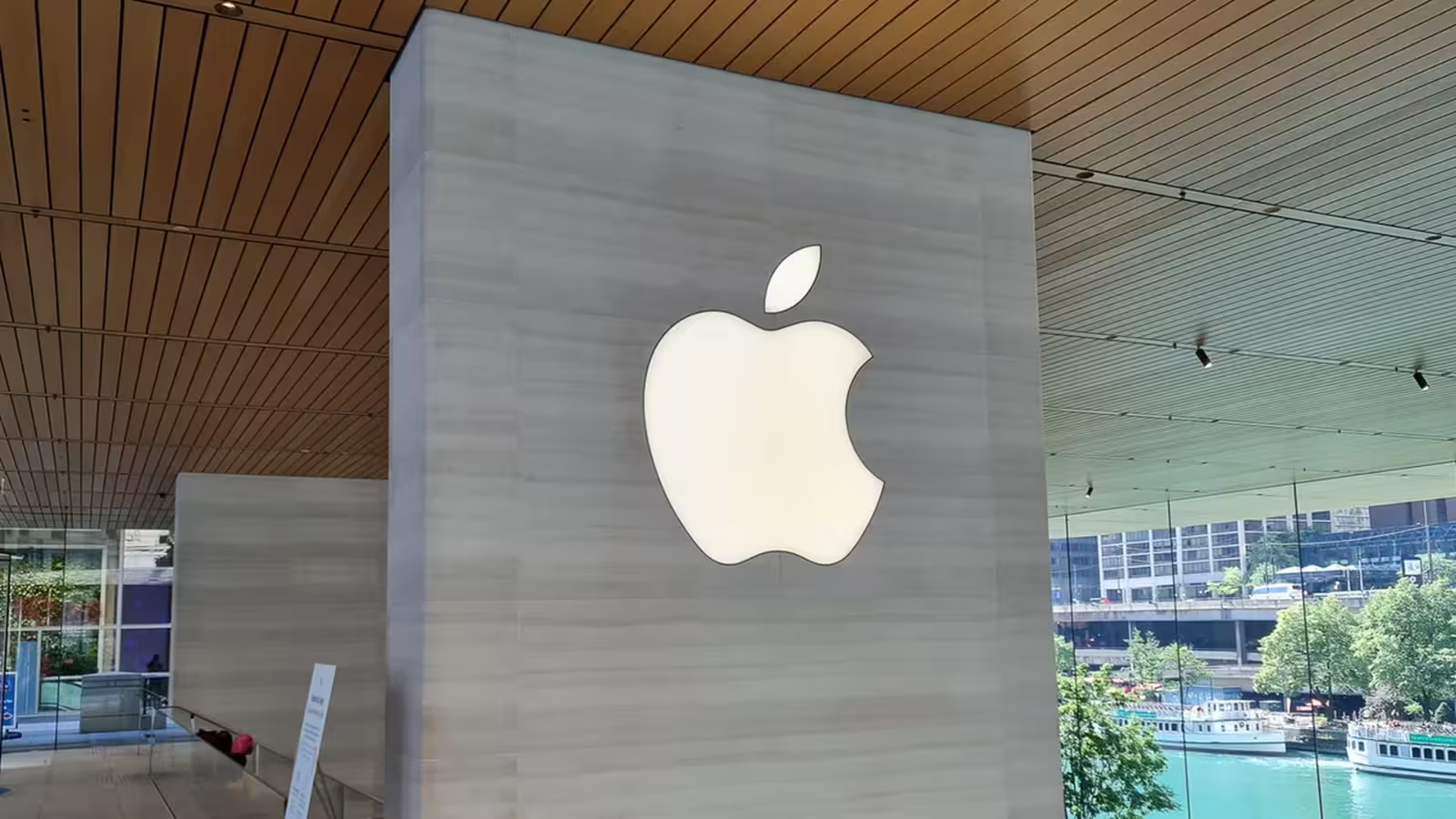4 Minutes
Apple Takes the EU to Court Over Digital Markets Act Fine
In a bold move signaling its refusal to back down, Apple has formally appealed a €500 million (approximately $586 million) fine imposed by the European Commission earlier this year. The tech giant has made it clear that it will aggressively defend its App Store policies in the face of what it believes is disproportionate regulation stemming from the EU’s Digital Markets Act (DMA).
Understanding the Digital Markets Act and Its Impact on Apple
Enacted in 2022, the Digital Markets Act is one of the European Union’s most ambitious regulations yet, targeting the power and market behavior of Big Tech companies. The core aim of the DMA is to ensure a fair, competitive, and open digital market. Apple landed in the EC’s crosshairs when regulators determined it had limited app developers’ ability to inform users about more cost-effective purchasing options available outside of the App Store ecosystem. According to the commission, these restrictions stifle competition and limit consumer choice.
Apple’s Response: Compliance Coupled With Protest
Despite lodging a legal challenge, Apple did respond to the EU's demands. To avoid accruing daily fines, the company revised its App Store guidelines in June, allowing developers to point users to external payment solutions. These swift policy changes managed to stave off immediate financial penalties while legal proceedings continue. Nevertheless, Apple simultaneously introduced new terms for out-of-store transactions—measures that many in the developer community claim still impose significant hurdles. Critics argue the policies, while technically meeting the letter of the DMA, fall short on fostering a truly competitive environment.
Comparing Penalties: Is Apple Getting Off Lightly?
While €500 million is a substantial figure, it pales in comparison to the multi-billion euro fines previously handed out to tech rivals like Google. The relative leniency, insiders suggest, may reflect the temporary nature of Apple’s alleged violations and a strategic EU focus on compelling policy change rather than simply levying record charges. Ongoing international trade tensions may also have influenced the commission’s approach.
App Store Ecosystem: Advantages, Features, and Controversies
Apple’s App Store remains a major gateway for digital innovation, renowned for its security, streamlined user experience, and curated marketplace. However, its stringent payment policies and commissions—a key source of controversy—have long been criticized by developers as overly restrictive and costly, especially when compared to more open ecosystems like Google Play. The DMA’s implementation has intensified scrutiny on these business practices, forcing Apple to reassess how it balances control with developer flexibility.
What’s at Stake: Beyond Fines to Global Precedent
The outcome of Apple’s appeal is expected to have wide-ranging implications for how not only Apple but all major technology companies operate within the European Union, one of the world’s strictest regulatory environments. The case could set benchmarks for App Store alternatives, fair competition, and digital business practices worldwide. Depending on the result, developers and tech enterprises will either see greater freedom and lower barriers or a reaffirmation of Apple’s platform dominance.
Market Relevance and Use Cases
For developers, the evolving App Store rules in the EU could unlock new monetization models and customer acquisition strategies, if implemented robustly. For consumers, the DMA promises an app ecosystem where price transparency and payment choices are front and center. As courts deliberate, the global tech industry watches closely to see whether Apple’s walled garden will stand or be forced open in Europe and potentially beyond.
The EU’s Message Is Clear
Regardless of the final verdict, one thing rings true: the European Union is steadfast in its commitment to enforcing fair digital markets. As the battle over App Store regulation continues, Big Tech companies operating in Europe must adapt or face substantial consequences.



Comments